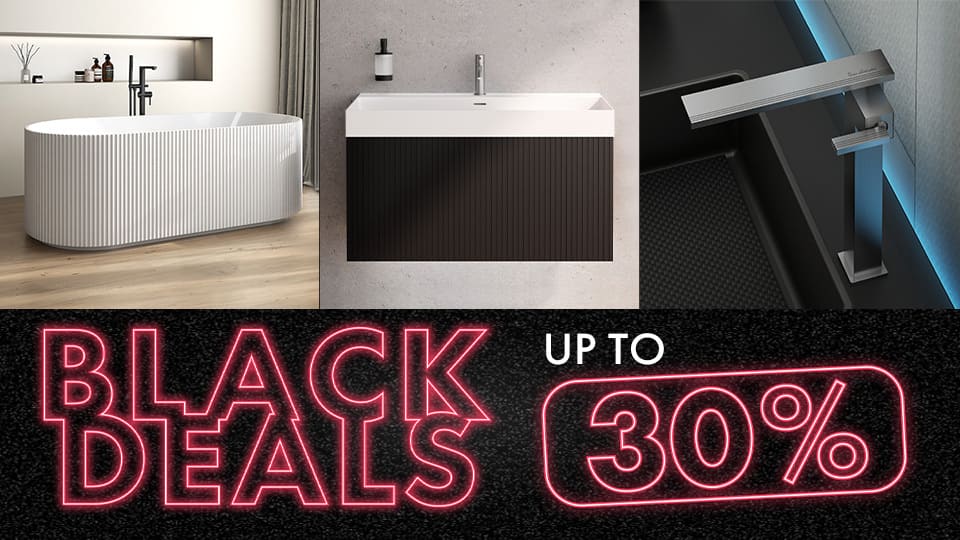Building Alert Pro – All current building applications in your area at a glance
Discover building applications now
Everything homeowners need to know — Every first Thursday of the month.


Everything homeowners need to know — Every first Thursday of the month.

Regional craftsmen
Only certified companies
Quality guarantee

7.3 percent of Swiss homeowners want to replace their heating system this year. This is one of the findings of the "Houzy Homeowners Study 2023". Just under half of the 1901 homeowners surveyed use oil heating (23.6 percent), natural gas heating (20.6 percent) or electric heating (3.7 percent). Those who heat with oil or gas want to (or have to) change soon: 42.2 percent plan to replace their old heating system with a new one soon, 13.2 percent even this year. At the top of the wish list are heat pumps. However, they are expensive, which is why the investment is often postponed, even though it will pay off in just a few years thanks to lower operating costs. We have researched how you can finance the replacement and where you can apply for subsidies for the new heating system.

An air-to-air heat pump for an average single-family home costs about 32,500 Swiss francs, an air-to-water heat pump about 40,000 Swiss francs, and a brine-to-water heat pump about 50,000 Swiss francs. While this is more expensive than gas heating (about 25,000 Swiss francs) or oil heating (about 27,500 Swiss francs), it pays for itself more quickly than many homeowners probably think, thanks to lower operating costs. However, 32,500 to 50,000 Swiss francs is a lot of money that not everyone has in their bank account. How can you still afford this investment in the future?
Read "Renovating the Heating System: Is It Even Worth It?", "Replacing Oil Heating Systems and Choosing Renewable Energies" and also "Heat Pump: Costs, Advantages and Subsidies", if you want to replace your old heating system with a modern and resource-saving heating system.
{{heating}}
You can finance the heating with a construction loan or an increase in your mortgage. To be precise, the value-adding investment, i.e. material and labor costs minus subsidies. If you decide to increase your mortgage, the bank will reassess your financial situation. Even after an increase, the loan-to-value must not exceed 80 percent of the purchase price or market value and the housing costs must not exceed 35 percent of gross household income. Many banks offer mortgages for energy measures such as facade insulation, new windows or heating replacement with lower interest rates. Ask your bank what it has on offer, or search online for green or sustainable mortgages or environmental loans.
If you increase the mortgage, deduct the higher interest on the debt from your taxable income and the higher debt from your taxable assets.
Learn more about the loan and affordability in our article "What You Need to Know about Mortgages Before Buying a House". In it, you will read, among other things, how to prepare for the loan meeting with your bank advisor.
Some larger providers finance the new heat pump with a financing partner, usually a bank. This financing with a term of 1 to 15 years and fixed monthly installments is usually expensive than a mortgage, but cheaper than a personal or consumer loan. The installment amount depends on the price of the heat pump and the term. At the end of the financing, you take over the heat pump free of charge and can continue to heat it energy-efficiently and cheaply until the end of its life. Heat pumps have an average service life of 20 years or more.
Energetic measures are financially supported by the federal government and the cantons. The support varies from canton to canton and municipality to municipality. A good overview can be found at dasgebaeudeprogramm.ch or energiefranken.ch (both website available in German, French or Italian):
In addition to the federal government, the cantons and the municipalities, there are also other programs and foundations that provide financial support for energy-related renovation measures:
Homeowners who rent a heat pump instead of buying one, for example, are also eligible for subsidies and can submit a subsidy application.
Support measures may not be cumulated. Therefore, calculate how much you would receive from each program before applying for assistance. Decide on the funding program that will contribute the most to your project.
{{energycalculator}}
The maintenance of all common parts is the responsibility of the condominium owners' association. This also includes the heating system. If there is enough money in the renovation fund, the community pays for the new heating system from the fund. If not, there are two alternatives:
You deduct your payments into the renovation fund from the imputed rental value and thus from your taxable income. If you increase the mortgage, you deduct the higher debt interest from your income and higher debts from your assets. If the community takes out a loan, you deduct only your share of the debt and debt interest.
With the renovation fund calculator you can check whether there is enough money in the renovation fund and calculate how much you would have to pay in for the maintenance and renovation of the common components. Learn more in the article "Renovation Funds in Condominium Ownership: All You Need to Know".
30,000 to 50,000 Swiss francs is a lot of money. But the amount is well invested and pays off ecologically and economically. You can find out how quickly with our heating comparison. The Houzy heating calculator compares district, gas, oil and pellet heating systems with heat pumps. In addition to the investment and operating costs, it also takes into account your personal energy requirements, the remaining service life of your current heating system and the CO2 emissions of all heating systems.
